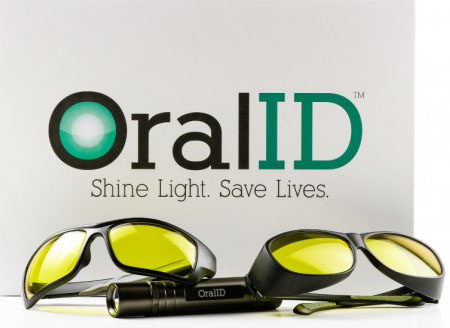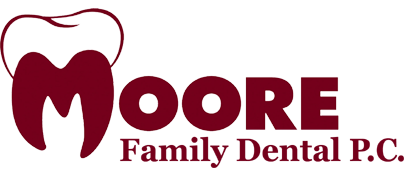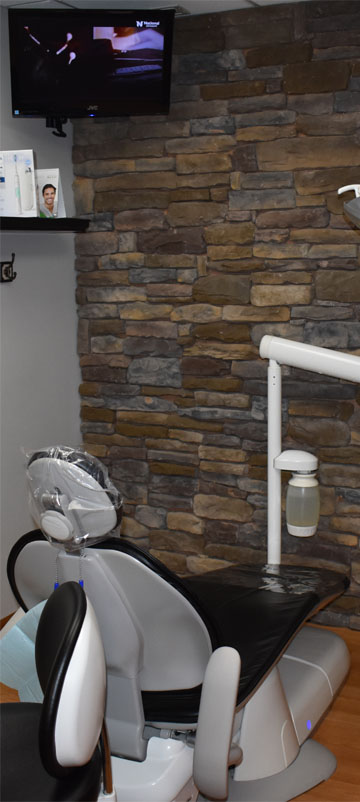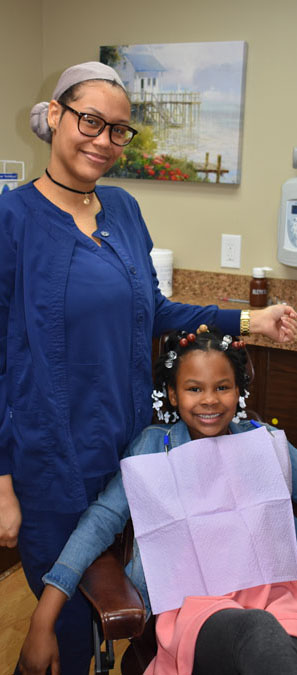 When you visit Moore Family Dental, you’re aware that we look for cavities during regular check-ups, but you may not know you’re also being screened for cancer during the same time. Oral cancer and cancers of the throat, tonsils and back of the tongue (pharyngeal) strike approximately 40,000 a year.
When you visit Moore Family Dental, you’re aware that we look for cavities during regular check-ups, but you may not know you’re also being screened for cancer during the same time. Oral cancer and cancers of the throat, tonsils and back of the tongue (pharyngeal) strike approximately 40,000 a year.
Regular visits to our dentist office can help you detect such cancers early, and changing a few potentially harmful habits may help reduce your chances of developing them.
Top 7 Risk Factors for Oral Cancer
Gender – Men are twice more likely to get oral cancer. (They also visit the dentist less.) The American Cancer Society attributes this to higher rates of alcohol and tobacco use by men, but says more men of a younger age are being diagnosed with HPV-related forms of oral cancer.
Age – Your risk for oral cancer greatly increases after age 44. The median age at diagnosis is age 62, but could drop to as young as 52-56 because of the rise of HPV-related cases.
Tobacco – Whether you smoke it or chew it, tobacco use increases your risk dramatically. Smoking can cause oral cancer, as well as cancer in other parts of the body. Pipe smokers are also at a higher risk for developing cancer in their lips. Smokeless tobacco, like chew, can lead to many issues in your mouth, the most serious being cancer of the cheeks, gums, and lips.
Alcohol – According to the American Cancer Society, 7 of 10 oral cancer patients are heavy drinkers. Heavy drinking, as defined by the Centers for Disease Control and Prevention (CDC), is an average of two drinks a day or more for men and an average of more than one drink a day for women. If you are a heavy drinker and a heavy smoker, your chances of developing oral cancer increase significantly.
Human Papillomavirus (HPV) – The sexually transmitted disease is now associated with some 10,000 cases of oropharyngeal cancer diagnosed each year in the United States, according to the CDC. People who are diagnosed with HPV-related oral cancer tend to be younger and nonsmokers.  Although this type is often diagnosed at a later stage because it develops in difficult-to-detect areas, people with HPV-positive cancers have a lower risk of death or recurrence.
Although this type is often diagnosed at a later stage because it develops in difficult-to-detect areas, people with HPV-positive cancers have a lower risk of death or recurrence.
Sunlight – People who have jobs working outside are more prone to developing lip cancer and should use UV protection.
Diet – Poor nutrition also may put you at risk for developing oral cancer. The ADA reports a diet low in fruits and vegetables may increase your chance of developing oral cancer, so add more color to your plate!
If you have any questions or concerns about oral cancer or our screening process, please contact our Amherst Dental Office.



